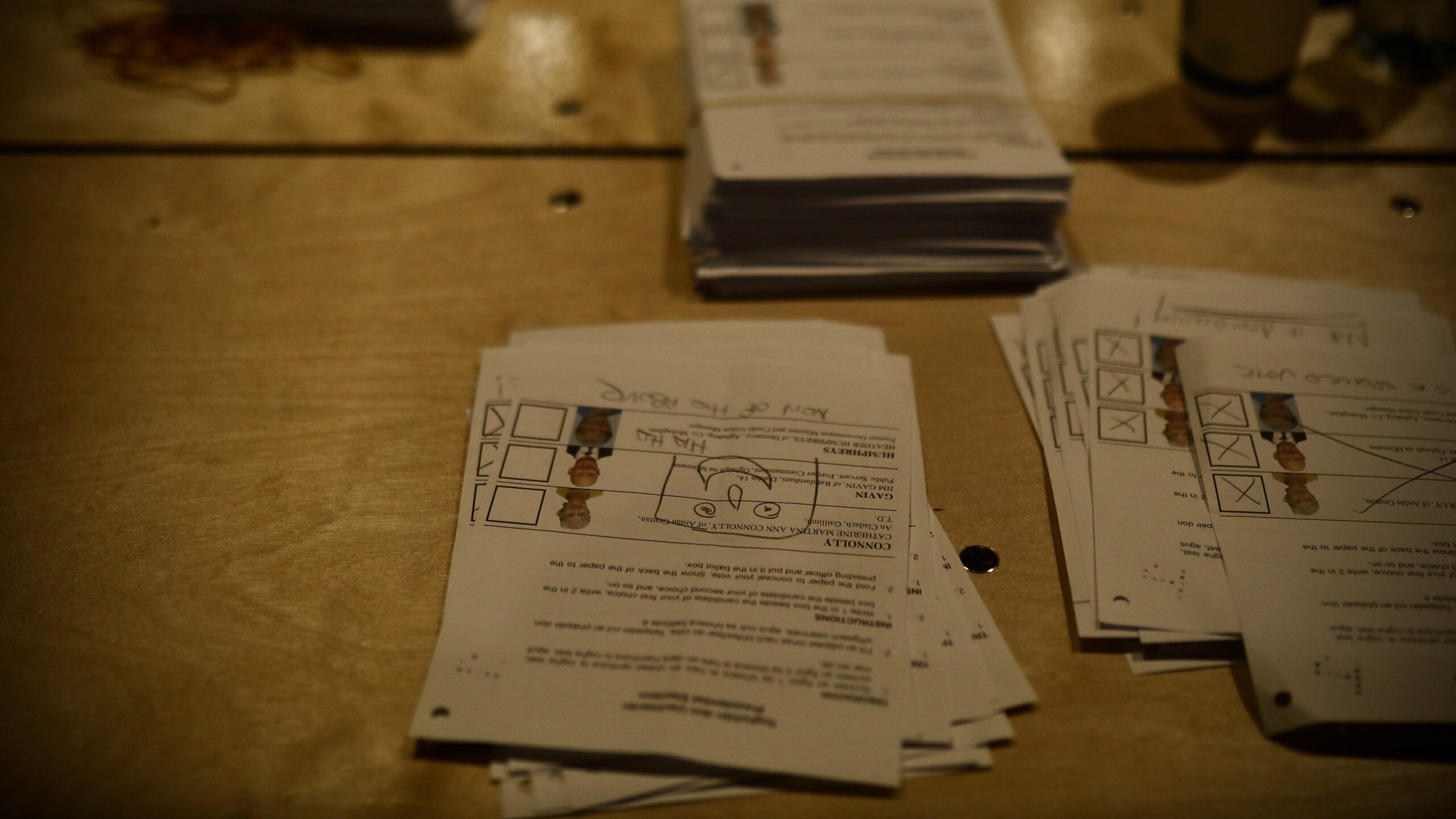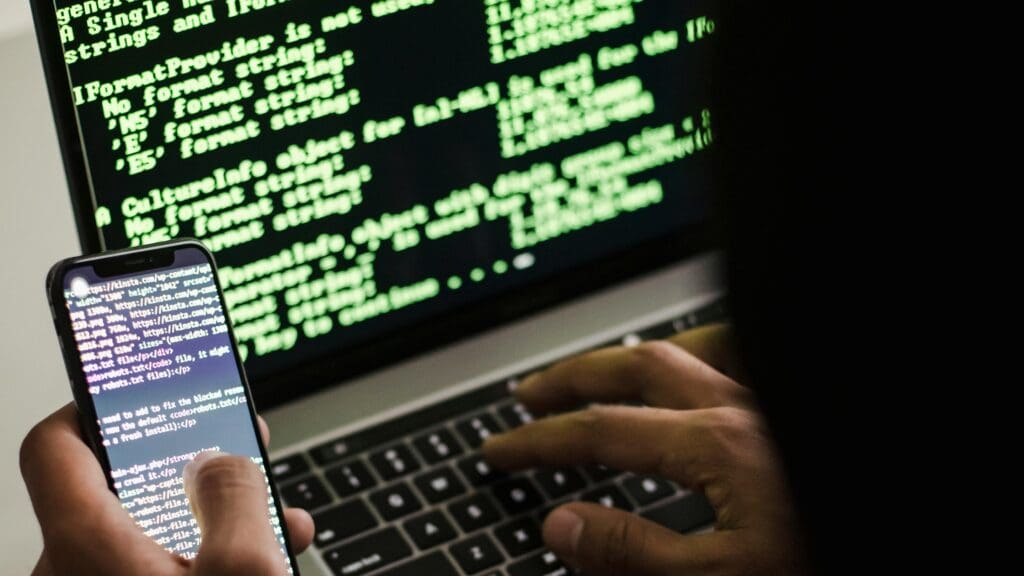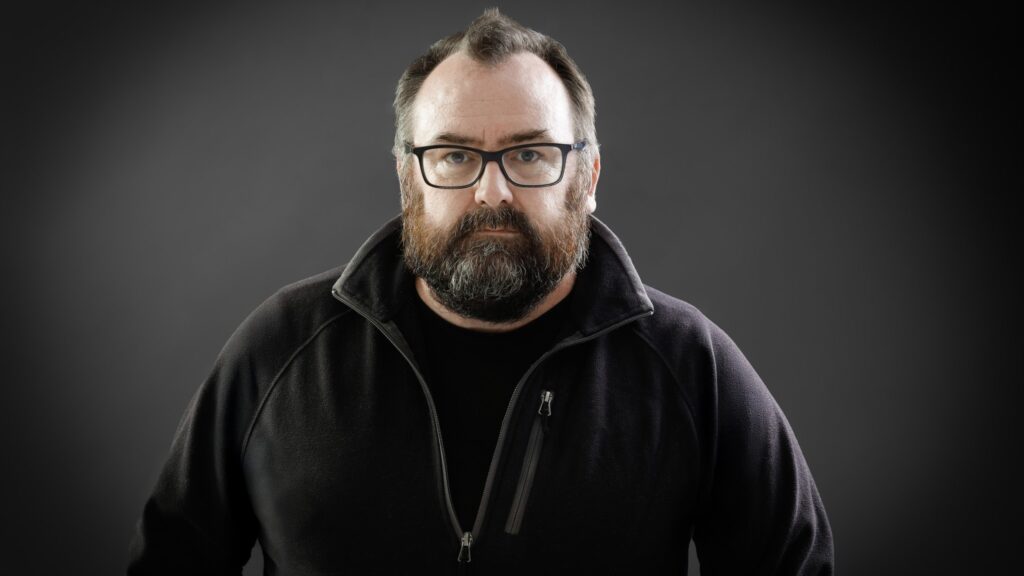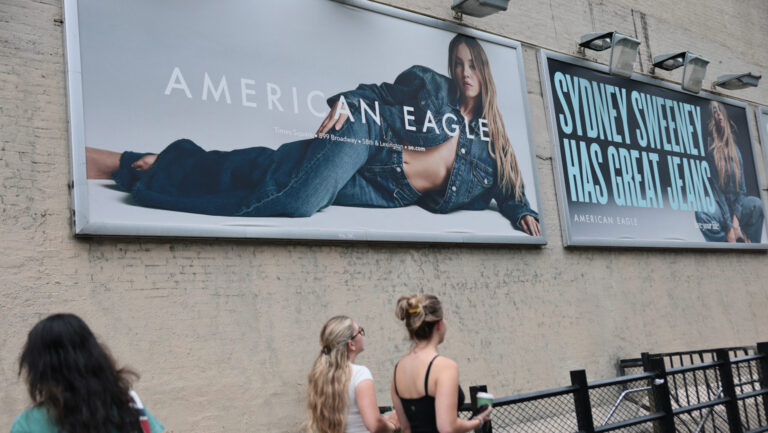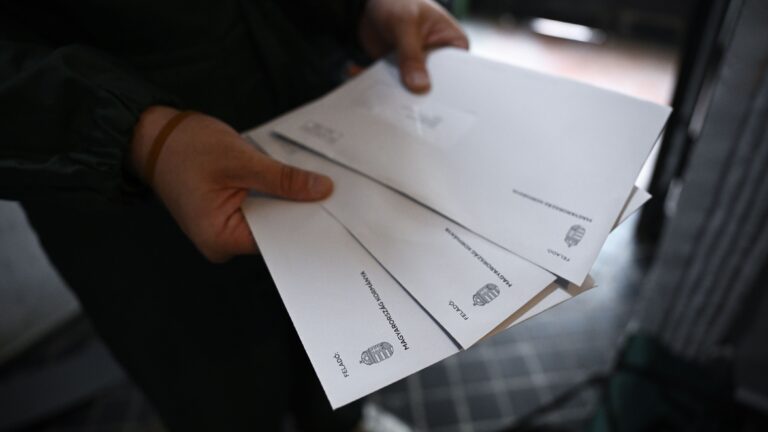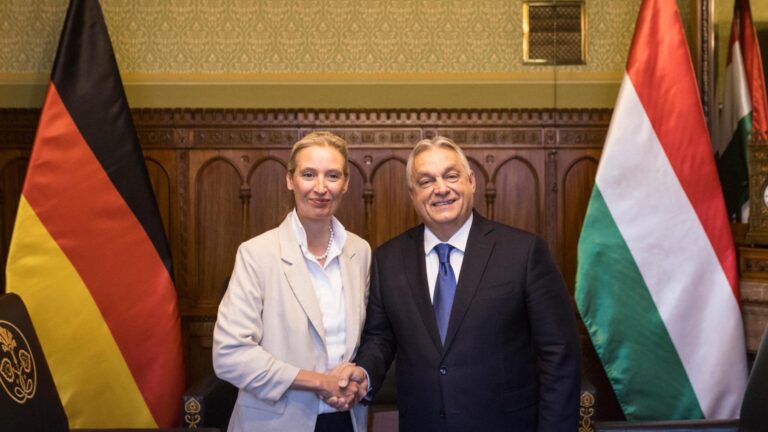Normally, a leftist’s election to a largely ceremonial presidential role would not offer a cause for optimism on the Right, but such is the state of modern Ireland.
In Friday’s Irish presidential election, as expected, Independent candidate Catherine Connolly won comfortably with 63.36 per cent of counted votes.
All four of the major left-wing parties (Sinn Féin, Labour, Social Democrats, and the Green Party) endorsed Connolly.
Her only viable opponent was Fine Gael’s Heather Humphreys, the former deputy party leader. Ballots also featured the name of Fianna Fáil’s Jim Gavin, who dropped out of the race in early October after personal scandals surfaced. Humphreys and the spectre of Gavin won 29.46 per cent and 7.18 per cent of counted votes, respectively.
The real story of this contest was the votes that went uncounted. Driven by discontent over the candidate-nomination process and the inability to vote for a candidate outside the entrenched political class, voters ‘spoiled’ over 213,000 ballots, representing nearly 13 per cent of total votes cast. (A ‘spoiled’ ballot is a vote cast incorrectly, and it is not counted toward any of the candidates; writing in another candidate or crossing out all the official candidates, for example, would count as a spoiled vote.) ‘Spoil the Vote’ campaigners were active for several weeks before the Friday contest.
The protest campaign might have received a jolt of bitter enthusiasm during the week of the election, when news of a heinous crime broke in Ireland. On 20 October, news emerged that a male migrant, said to have been housed in a government migrant-housing complex, allegedly raped a ten-year-old girl. The alleged culprit came from North Africa and was subject to an unenforced deportation order.
The victim was a ward of the state.
Ireland had already been on edge from the ramifications of mass migration and the political class’s intolerance of dissenting views, so it was unsurprising when riots erupted near the site of the alleged crime on the outskirts of Dublin.
‘Ireland had already been on edge from the ramifications of mass migration and the political class’s intolerance of dissenting views, so it was unsurprising when riots erupted’
Equally unsurprising was the response of government officials, who vociferously condemned the rioters but largely ignored or downplayed the crime. Key figures from the foursome of left-wing parties fanned the flames by posting pictures from a pro-Connolly benefit concert as news of the rape was breaking.
Tusla, the state child-welfare agency responsible for the victim’s upbringing, issued a statement suggesting the child is poorly behaved, a move some considered the most indefensible of the state’s many failures in this series of events.
Prior to this scandal, the ‘Spoil the Vote’ campaign already had plenty of ammunition. A large segment of Irish society was enraged that independent candidates were blocked from appearing on the ballot. The most prominent of these was Maria Steen, a Catholic lawyer and campaigner who gained public attention while campaigning for ‘No’ votes in two government-sponsored constitutional referenda last year.
Businessman Gareth Sheridan and activist Nick Delehanty would have also been appealing options for disenfranchised voters. All three failed to navigate the bizarre presidential nomination process, which requires nominations from 20 members of the Oireachtas (the country’s bicameral legislature) or four local councils.
Steen obtained 18 Oireachtas nominations and briefly looked like she would get on the ballot. In all three cases, liberal-establishment Fianna Fáil and Fine Gael and the collection of left-wing parties closed ranks to prevent a successful nomination. When Gavin dropped out of the race, the establishment’s machinations looked even more appalling.
Humphreys was able to secure just a fraction of the liberal-establishment vote, as Fianna Fáil voters were unlikely to cross over to her camp, and even Fine Gael voters were unenthusiastic. As a result, Connolly enjoyed comfortable polling leads throughout the official campaign period. Turnout was just 45.8 per cent of the electorate, boosted in part by the ‘Spoil’ enthusiasm.
Some Irish commentators noted that over three-quarters (77.5 per cent) of the Irish electorate voted for neither of the two official candidates. This includes registered voters who didn’t vote, spoiled their ballot, or voted for the withdrawn Jim Gavin.
‘There is no defending this fiasco,’ said Independent TD Carol Nolan. ‘The spoiled vote percentage reflects the backlash from a thoroughly infuriated electorate that felt locked out of this process right from the start.’
Fianna Fáil and Fine Gael representatives uttered some platitudes about the lack of candidate choice and voters’ strong reaction against it. Tánaiste (Deputy Prime Minister) Simon Harris called it ‘regrettable’ that there were only two viable candidates.
‘A key to Ireland’s short-term future will be what happens with those who took to the streets this week’
The Connolly coalition was less diplomatic. Labour Party leader Ivana Bacik said the ‘Spoil’ campaign was ‘profoundly anti-democratic’. Social Democrats party leader Holly Cairns called the ‘Spoil’ result ‘really worrying’. Social Democrats TD Gary Gannon insisted ‘wealthy, privileged’ people were responsible for the protest campaign, despite polling data indicating a disproportionate number of spoiled votes being cast in disadvantaged areas.
Anti-establishment forces can feel some degree of optimism from this result, but the political landscape remains staggeringly unfavourable. Aontú is a welcome addition to the political landscape—it offers a Catholic voice that has been viciously suppressed in this millennium—but it is decades behind anti-establishment parties in other parts of Europe. Steen will likely remain an exciting political figure, but she will continue to face tremendous establishment resistance; she was, after all, just blocked from running for a largely symbolic position.
A key to Ireland’s short-term future will be what happens with those who took to the streets this week. How many people believe they have no democratic means to effect change, and how will they act on this belief?
Related articles:

